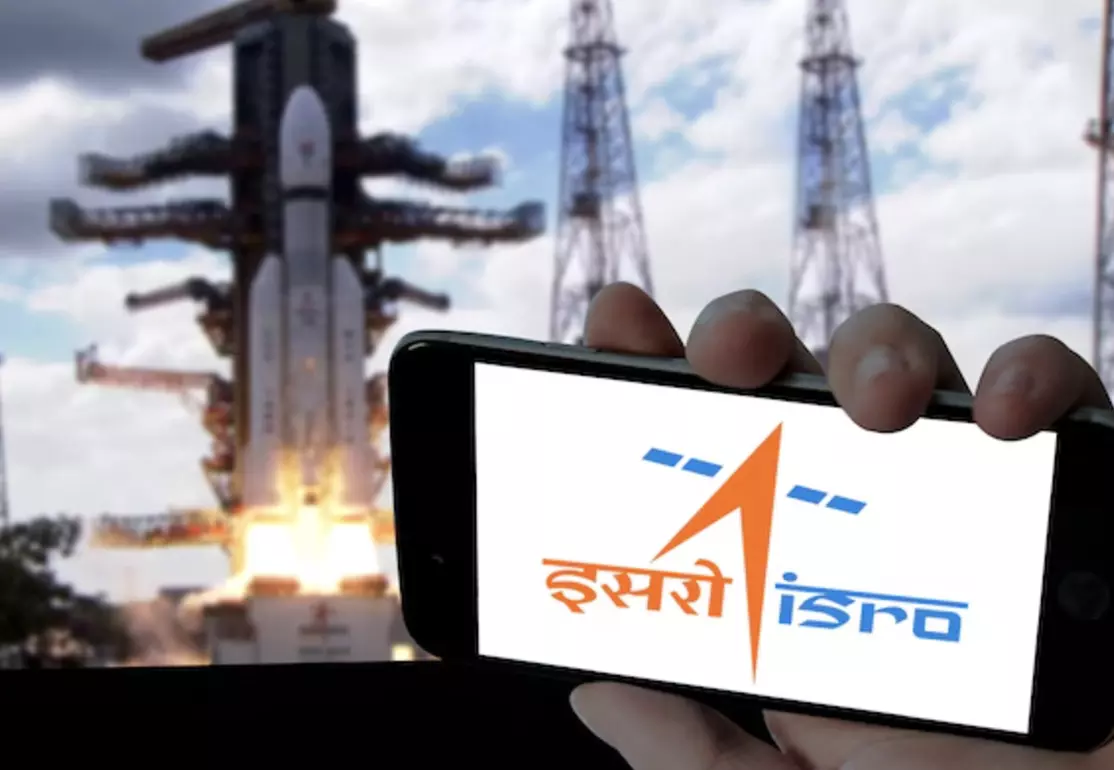ISRO's Shukrayaan mission approved: All about India's venus orbiter mission
ISRO's Shukrayaan mission approved: All about India's venus orbiter mission

The Indian Space Research Organisation (ISRO) has officially received government approval for its first mission to Venus, named Shukrayaan. Set to launch in 2028, this groundbreaking mission aims to conduct a comprehensive investigation of Venus, including its surface, atmosphere, and geological structure.
Director's Insights on Shukrayaan and Future Missions
Nilesh Desai, Director of ISRO, shared details about the Shukrayaan mission and other ambitious projects during a recent announcement. He confirmed that Shukrayaan will focus on Venus, gathering essential data about the planet's weather patterns, geological activities, and atmospheric components. The mission will utilize advanced scientific instruments to achieve these objectives.
Chandrayaan 4: A Collaborative Lunar Mission
Desai also revealed plans for Chandrayaan 4, a follow-up to the successful Chandrayaan 3 mission. This upcoming lunar mission, still awaiting government approval, will be a joint endeavor between India and Japan. The mission aims to land at the moon's south pole, at 90 degrees south, significantly improving upon the previous attempt at 69.3 degrees south. The proposed rover for Chandrayaan 4 will weigh 350 kg, making it 12 times heavier than its predecessor. If approved, the mission could launch by 2030.
Future Prospects: INSAT 4 Series and Mars Exploration
Desai discussed ongoing plans for the INSAT 4 series, emphasizing the need to adopt new sensors to enhance forecasting capabilities and introduce advanced meteorological and oceanographic tools. He highlighted the importance of catching up with global advancements in this field.
ISRO's Mars exploration ambitions were also addressed, with plans to not only place satellites in Mars orbit but eventually land on the planet's surface. The Gaganyaan mission, set to launch in two years, will pave the way for these goals. Initially, Gaganyaan will involve an unmanned flight, followed by a manned mission.
India's Space Station Vision
In line with Prime Minister Narendra Modi's vision to land on the moon by 2040, the government has approved the construction of India's own space station. This facility, expected to feature five modules, will serve as a transit hub for future lunar missions. The first module is slated for launch in 2028, with the entire space station anticipated to be operational by 2035.
Understanding the Venus Orbiter Mission: Shukrayaan
Shukrayaan's mission to Venus is particularly significant as Venus shares many similarities with Earth. By studying Venus's surface, atmosphere, and geological structure, scientists hope to gain valuable insights into our planetary neighbor. The data collected will enhance our understanding of Venus's weather patterns, potential geological activities, and atmospheric elements, utilizing state-of-the-art scientific equipment.
This mission marks a major milestone for ISRO, highlighting India's growing capabilities and ambitions in space exploration.

